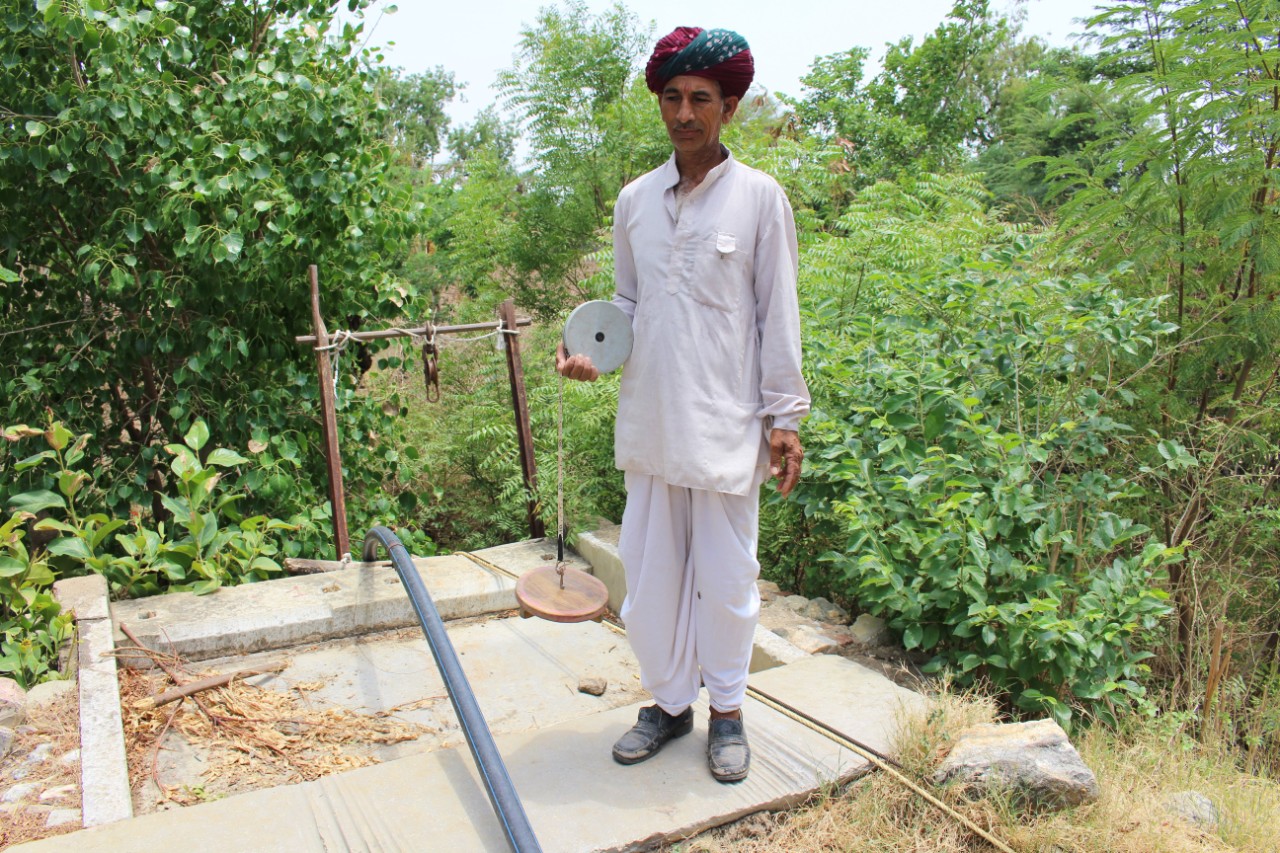In India, farmers were facing increasingly depleted groundwater and were struggling to efficiently water crops. These depleted resources not only resulted in lower crop yields, but left farmers struggling to sustain their livelihoods. Taking a transdisciplinary approach that considered technical, social, environmental, economic, agronomic and policy perspectives, researchers from Western Sydney University partnered with farmers and communities to develop sustainable management and use of groundwater.
As a result, farmers and villagers in Gujarat and Rajasthan developed methods for manually monitoring and measuring groundwater to improve watering cycles, and groundwater management and replenishment.
Farmers in Sri Lanka, however, faced a different set of challenges. From season to season, oversupply of some crops was leading to wasted products and reduced income that exacerbated poverty among farming villages. Researchers from the Smart Agriculture Research Cluster maximised growing mobile phone use among farmers by developing an app that provided real-time information about crop demands.
Since its development, more than 5000 farmers have utilised the app that enables them to make informed decisions about crop planting and coordination. This digital knowledge ecosystem has connected and improved the livelihoods of farmers throughout Sri Lanka.
The Smart Agriculture Research Cluster’s work has enabled farmers throughout South Asia to collaborate and find innovative solutions for complex local challenges that have resulted in more sustainable farming practices. In an increasingly climate-challenged industry, these solutions increase the resilience of agriculture and the sustainability of farming methods.




